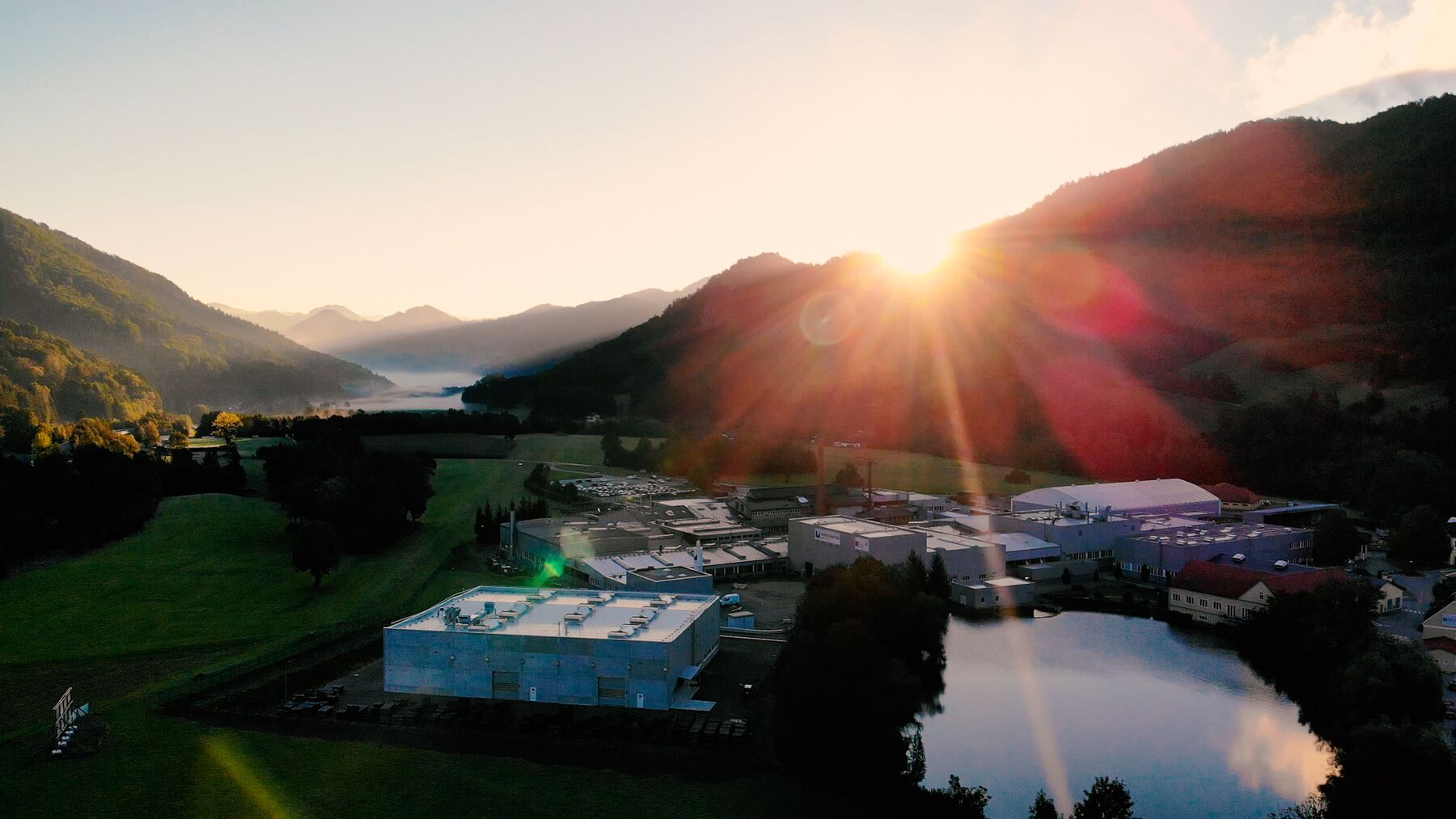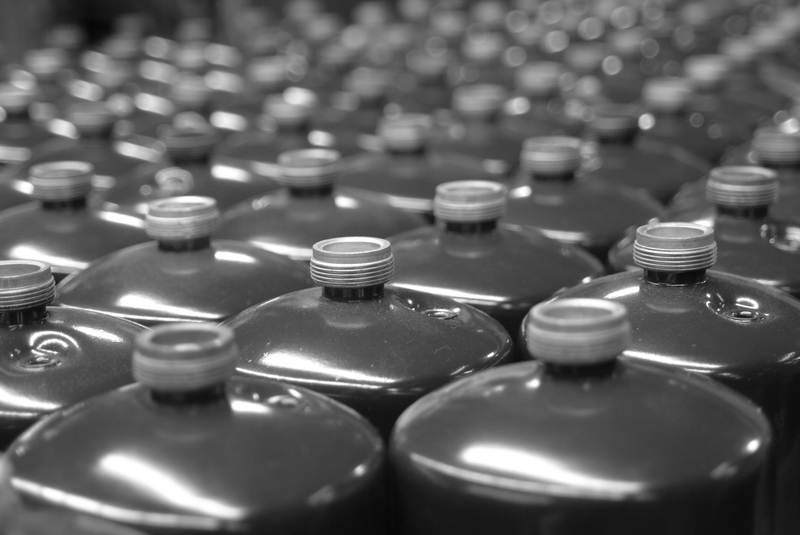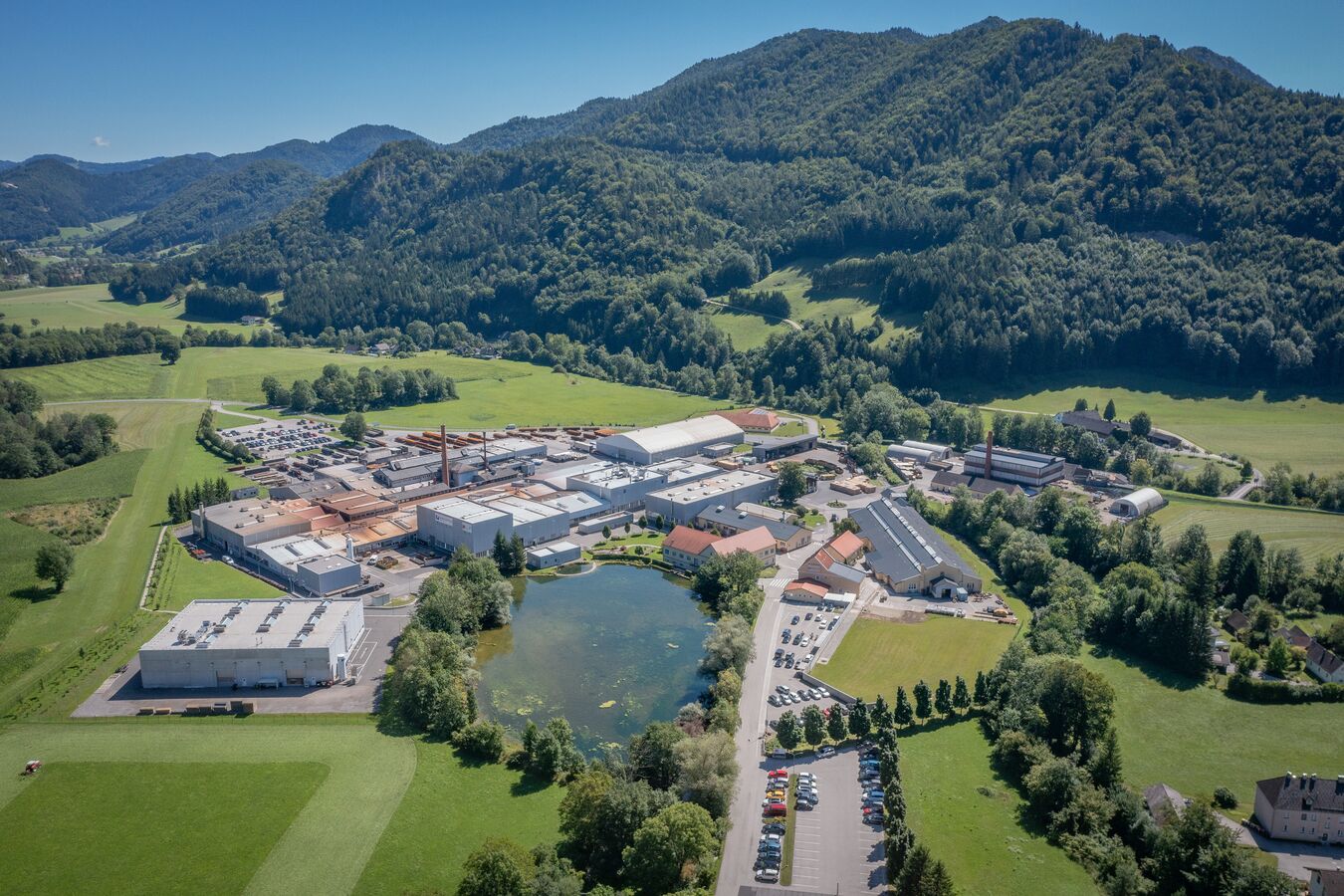
$515M
$2.9M
69
53%
1.8X
36%
97%
96%

Committed to Continuous Improvement
At Worthington Enterprises, we take a proactive approach to sustainability.
We're carrying forward our goal from our past and we’re pushing forward to net-zero greenhouse gas (GHG) emissions by 2050. To help reach that goal, the Company partnered with Governance & Accountability Institute to conduct a materiality assessment and is currently assessing Scopes 1, 2 and 3 GHG calculations that will be used as a basis for emissions reduction targets.
Andy Rose, Worthington Enterprises, President & CEO
We strive to make a positive impact in the communities where we work and live, and our Board remains committed to ensuring transparency and accountability regarding our ESG performance.
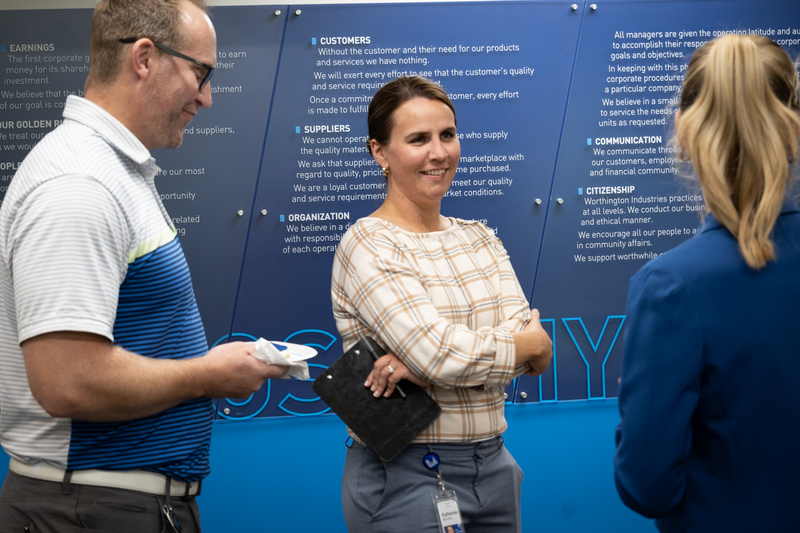
A People-First Philosophy
Our greatest strength lies in our people. We are committed to providing an inclusive workplace and welcoming culture that helps every employee succeed. The Company’s most recent employee engagement survey generated feedback from 76 percent of worldwide employees, and results show that employees rated Worthington at or above industry benchmarks in key areas such as safety, employee engagement and manager effectiveness.
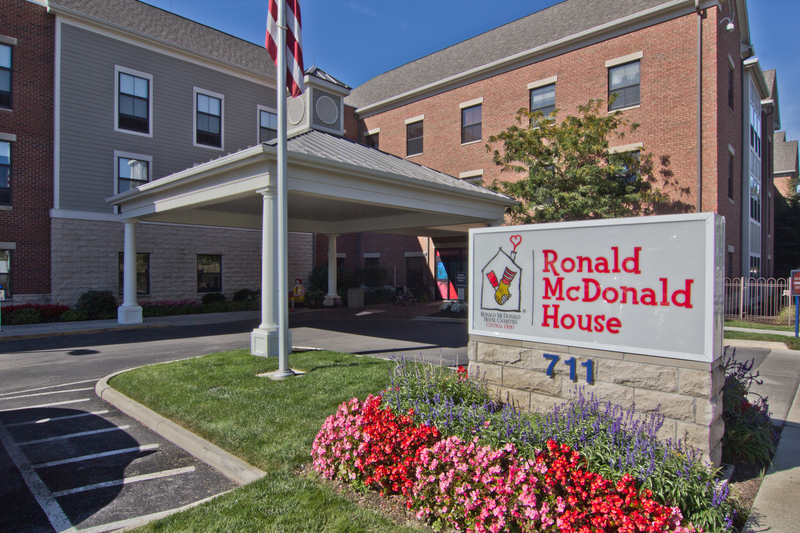
Supporting Our Communities
The Worthington Foundation donated $2.9M back to the community in FY23, supporting 69 non-profit organizations in the areas of health, human services, youth and education, civic causes and the arts. Examples include:
- $100,000 toward our multi-year pledge of $250,000 to the Ronald McDonald House, an organization supporting children's healthcare.
- $100,000 contribution, spread over four years, to the St. Vincent Family Services Youth Academy to help fund critical updates to the residential treatment program.
- $100,000 donated to the National Veteran's Memorial and Museum, which is dedicated to raising awareness and education around American veterans, honoring their service and sacrifice and connecting veterans to opportunities.
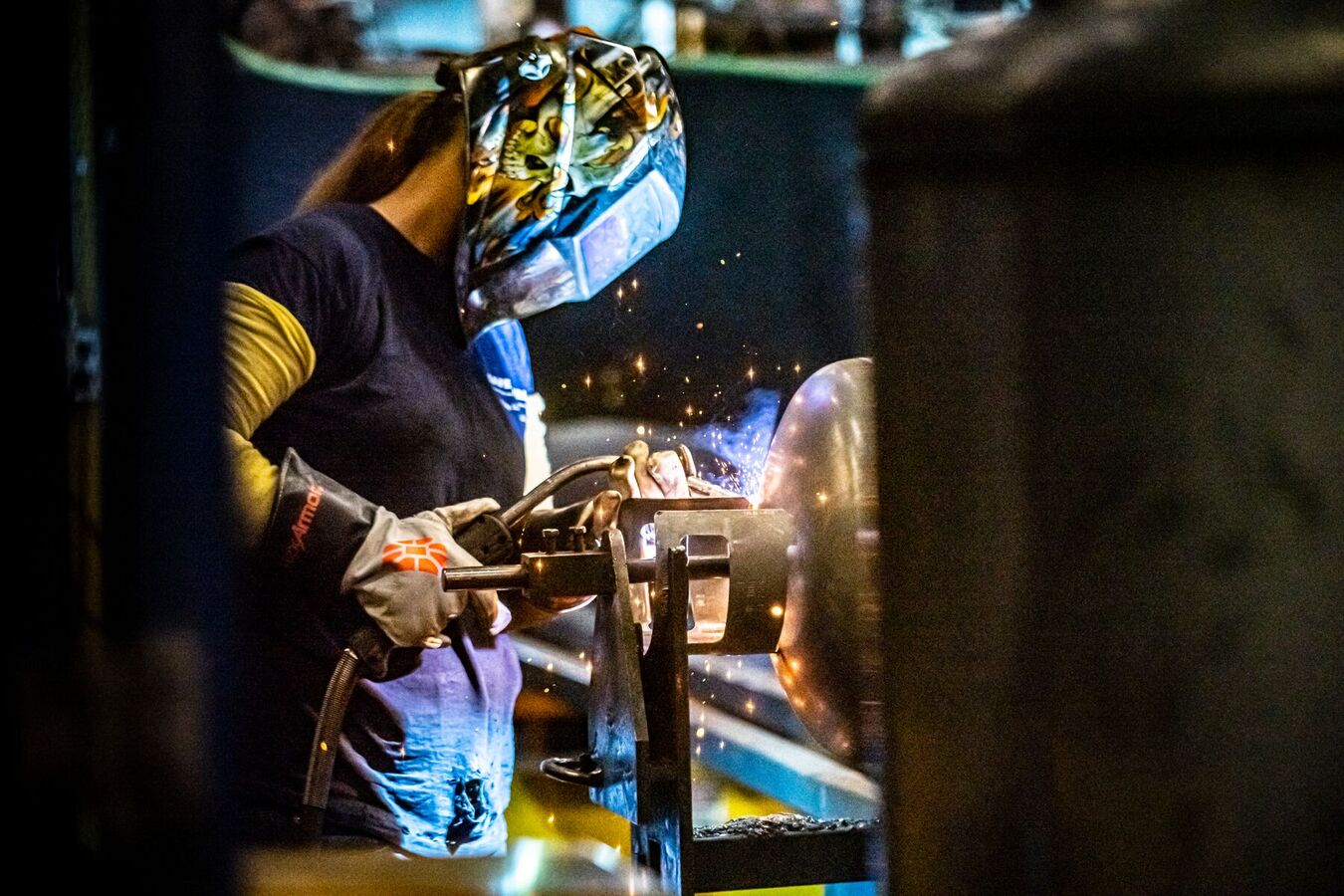
The Safe Way. The Productive Way. The Right Way.
For two decades, Worthington's SafeWorks program has been instrumental in driving a world-class safety culture. Nearly every meeting starts with a safety briefing, safety metrics top employees' performance goals, and safety process improvements never stop.
The company’s SafeWorks program defines a longstanding culture of safety throughout each facility. At the end of 2022, Worthington’s Total Case Incident Report per 100 employees was 1.8 times better than the industry average within the Primary Metal Manufacturing category, as reported by the U.S. Bureau of Labor Statistics.
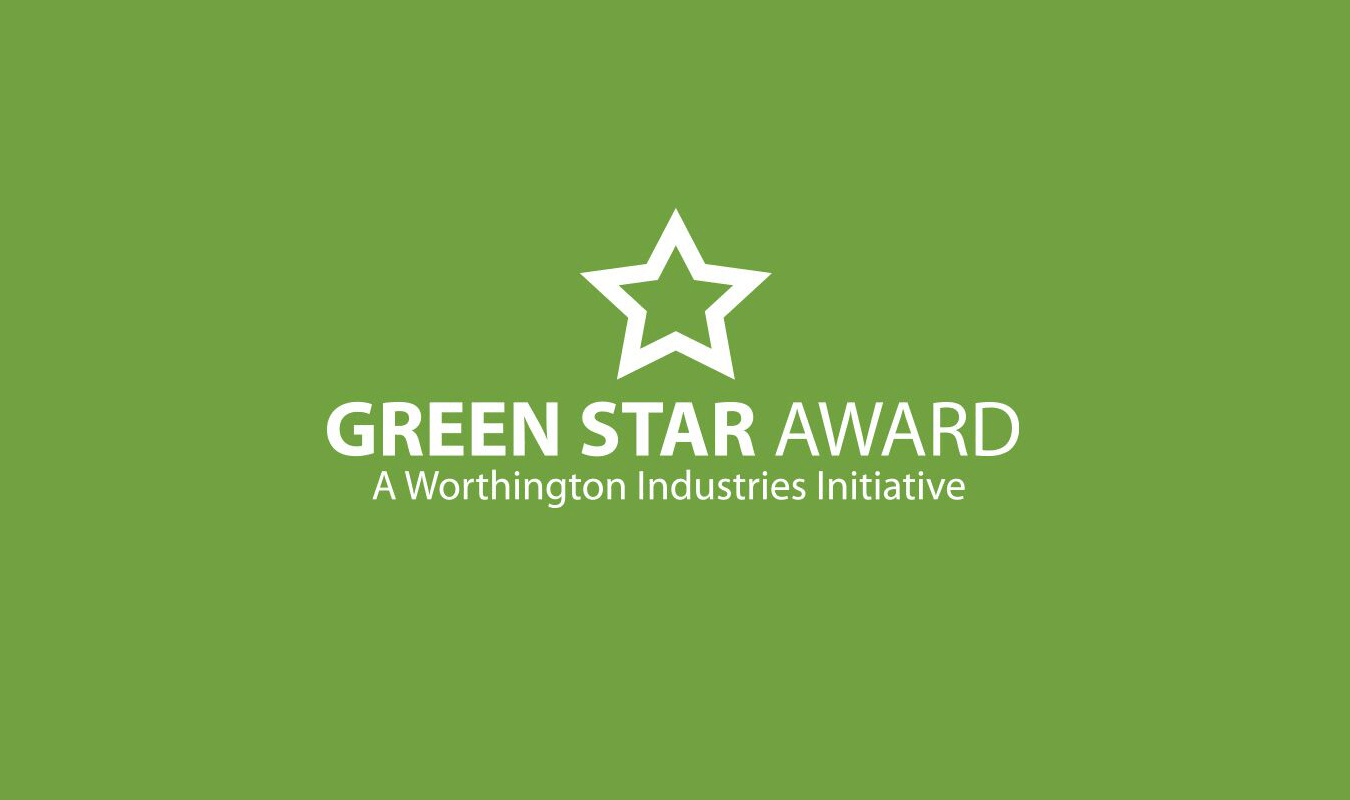
Our Environment. Our Responsibility.
We follow best practices for environmental protection to help drive continuous improvement in our manufacturing processes. We are focused on reducing risks from negative environmental impacts and capitalizing on opportunities to increase efficiency, lower energy costs and promote recycling and circularity.
The Green Star Initiative was implemented in 2012 to help steer the Company toward environmental conservation and stewardship. Stars are awarded each fiscal year to each facility based on environmental metrics and production data. During FY23, every Worthington Enterprises facility earned at least one star, with 60 percent of available stars awarded.

We Walk the Walk
By holding ourselves accountable to the highest ethical standards and corporate governance practices, Worthington puts Our Philosophy, rooted in the Golden Rule, into action. Building a strong culture and taking care of our stakeholders is simply the right thing to do. Integrity is part of our DNA and intrinsic to our purpose.
We implement strong governance practices to ensure accountability and long-term success as well as robust risk management programs to maintain compliance with applicable laws and regulations. These programs extend to our business partners, including our valued suppliers.
